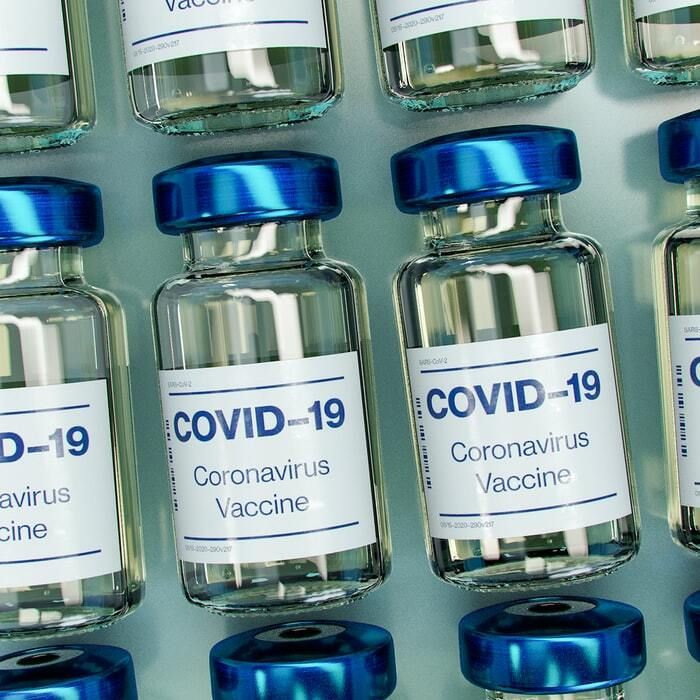Article
The Race to a COVID-19 Vaccine: Where Things Stand
Author(s):
To date, 3 vaccine candidates with favorable safety profiles show promise in offering protection against COVID-19.

These past few weeks have been marked by pivotal, welcomed news in the race to a coronavirus 2019 (COVID-19) vaccine. So far, 3 leading pharmaceutical companies—Pfizer, Moderna, and AstraZeneca—have announced results from their respective vaccine trials.
All 3 vaccine candidates have shown promising efficacy and safety data, signals that bode well for the future of COVID-19 prevention and mitigation.
Here is a recap of where things stand so far going into this final full week of November:
Pfizer Vaccine: BNT162b2
Pfizer and Biontech reported 95% efficacy for their vaccine candidate beginning 28 days after the 1st dose. Last week, they submitted an Emergency Use Authorization (EUA) application to the US Food and Drug Administration (FDA).
An authorization by the FDA means that Pfizer can proceed with prioritized distribution and administration of their prepared tens of millions of doses by the new year. More than 1 billion doses will be ready by 2021.
For more:
Pfizer Submits COVID-19 Vaccine to FDA for Emergency Authorization
Moderna Vaccine: mRNA-1274
Moderna recently announced that their preliminary ongoing phase 3 results showed that their vaccine was 94.5% efficacious in preventing COVID-19.
The study was designed in collaboration with the FDA and the National Institutes of Health (NIH), and included US participants with the greatest risk of COVID-19 severity.
The company is expecting to submit an EUA application for their candidate to the FDA after reviewing its available safety data.
For more:
Moderna COVID-19 Vaccine mRNA-1273 Reports 94.5% Efficacy in Early Data
AstraZeneca Vaccine: AZD1222
Today, AstraZeneca reported that their investigational vaccine was 90% efficacious in 1 of their 2 dosing regimens.
The data showed such high efficacy was achieved with half-dose administration followed by 1 full dose a month apart. However, 2 full doses 1 month apart resulted in 62% efficacy. A combined analysis of both regimens resulted in an average efficacy of 70%.
If approved by regulatory bodies, the company’s vaccine is anticipated to reach a capacity of up to 3 billion doses for 2021 on a rolling basis.
For more:
AstraZeneca Investigational COVID-19 Vaccine Shown to be 90% Efficacious


